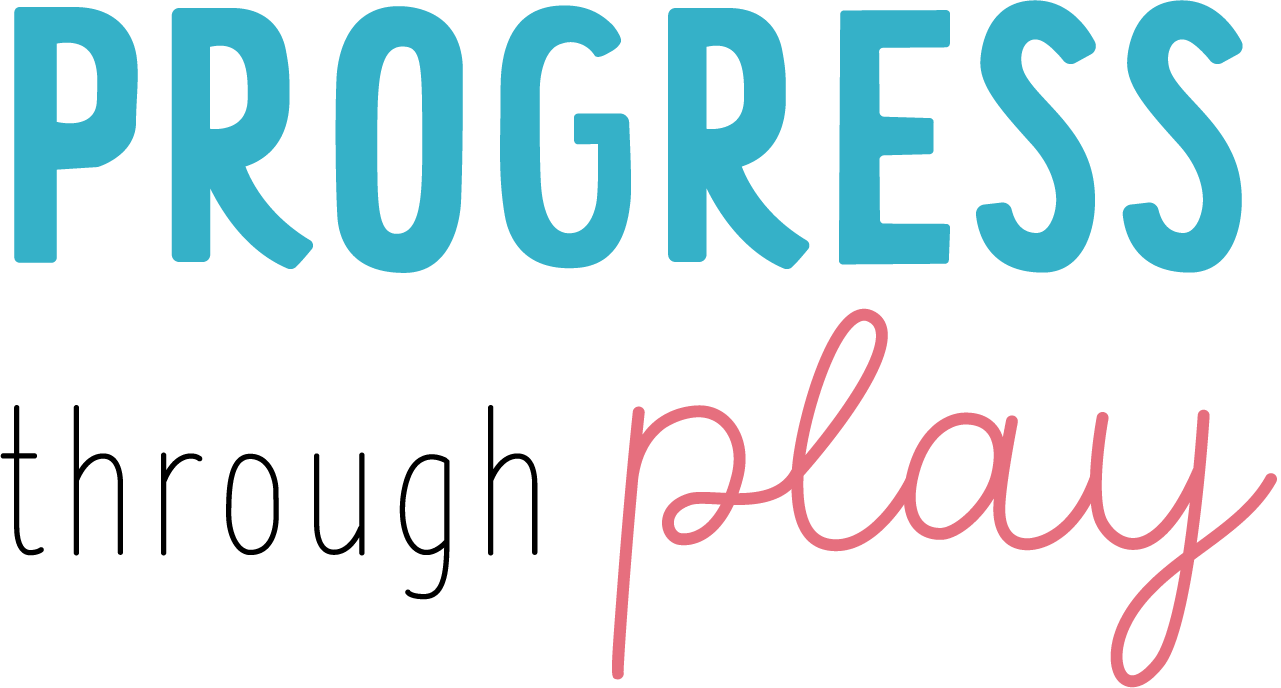Newborn Sleep
This is Part 1 of a 2 part guest blog series by Sara Cuthbert of Rested Kids Sleep Consulting. Stay tuned for Part 2!
Having a baby is incredibly exciting and joyous. At the same time, most of us are met with a new sense of overload and fear of the unknown. The endless choices can send even the most rational person into a tailspin – crib mattresses, Snoo or not, breastfeeding, swaddles, pacifiers and the list goes on! Perhaps the most daunting of all…is sleep. Knowing how to prepare for it and how to build independent sleep skills, requires both knowledge and practice. Like any other skill, sleep is a learned habit.
Read on to learn about newborn sleep, and stay tuned for a follow up blog regarding the roadmap to achieving good newborn sleep.
The keys to sleep for you and your newborn are first, setting realistic expectations and second, practicing with some simple strategies. These efforts will help to decrease your very natural new parent anxiety and, if all goes well, everyone will be sleeping better soon!!
A University of Warwick meta-analysis of 8,700 babies showed that, “on average, babies around the world cry for around 2 hours per day in the first two weeks. The peak comes at six weeks: 2 hours 15 mins per day. By week 12, crying scales back to 1 hour 10 minutes.” Quite simply, babies cry. When learning your baby’s cues, try not to panic that your little one fusses. It does not necessarily mean that something is wrong. It’s just unfortunately for parents, sometimes crying happens at 3 AM.
Our first role as parents is to nurture and love them: always. We are also their primary guides as each child’s natural, biological abilities emerge. In the first few months of life, there are safe and gentle strategies that can be used to build your baby’s healthy sleep skills.
Independent sleep is a learned skill defined as: …a human’s ability to fall asleep and return to sleep during naturally occurring sleep cycles, without outside assistance.
As much as we want to assist our little ones (rocking, nursing, holding, etc.) there is value in giving them space to start learning some of this on their own. Most families who call me for sleep support do so once they’ve established strong habits of dependence. If this happens for you - don’t worry! We can solve it together. Remember that every human has the innate biological ability to sleep well.
Assuming that your child is well, between 4-6 months and at about 13-15 pounds, sleeping through the night is a realistic expectation. Taking regular naps and getting consolidated sleep are amongst the most important factors for our well-being and growth - not to mention that parents are people too and we need sleep in order to have our ideal mental and physical health.
Knowing that you have more interesting things to focus on like bonding, playing, feeding, exploring and learning with your baby, I am going to simplify early sleep for you. Right here. Right now.
Want to learn more or see if custom support is right for your family? Contact Sara Cuthbert at Rested Kids - schedule a free call HERE.

